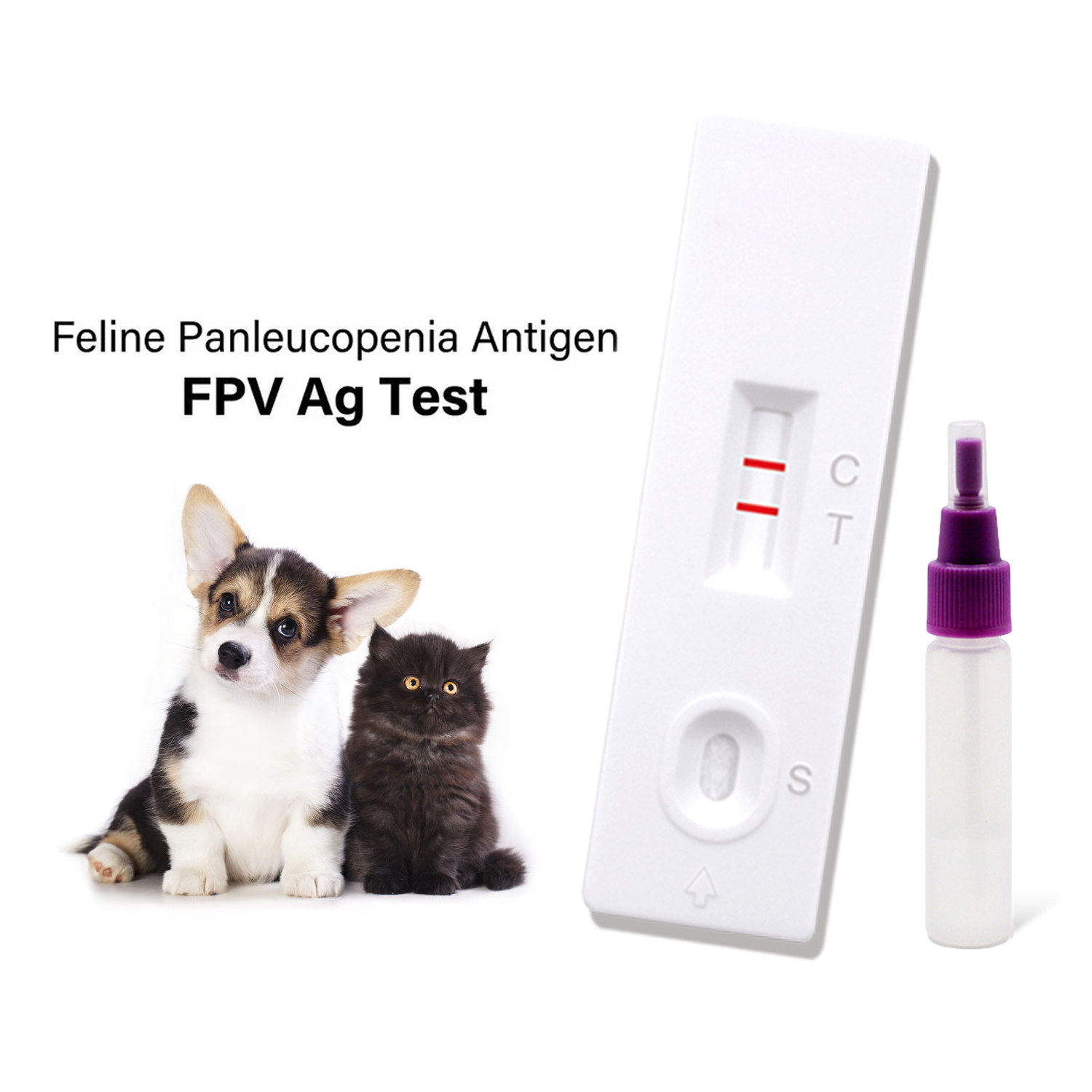
Nov . 27, 2024 17:57 Back to list
Dengue IgG Test Manufacturing Process and Quality Control Standards
Understanding the Dengue IgG Test and Its Importance in Disease Management
Dengue fever, transmitted primarily by Aedes mosquitoes, is a global health concern, especially in tropical and subtropical regions. As the incidence of dengue continues to rise, diagnostics play a crucial role in managing and controlling the disease. Among the various diagnostic tools available, the Dengue IgG test stands out as an essential method for identifying past infections and aiding in the understanding of epidemiological trends.
What is the Dengue IgG Test?
The Dengue IgG test is a serological test that detects immunoglobulin G (IgG) antibodies specific to the dengue virus in a patient's blood. These antibodies are produced by the immune system in response to a dengue infection and typically appear several days to weeks after the onset of symptoms. Unlike the Dengue IgM test, which indicates a recent infection, the presence of IgG antibodies suggests a past infection, indicating that the individual may have been exposed to the virus at some point.
Factory Production of Dengue IgG Tests
The production of Dengue IgG tests takes place in specialized facilities equipped with advanced technology and stringent quality control measures. Factories that produce these diagnostic tests adhere to international standards to ensure their reliability and accuracy. They utilize various methods, including enzyme-linked immunosorbent assay (ELISA) and lateral flow immunoassays, which are both effective in detecting Dengue IgG antibodies.
dengue igg test factory

In a typical manufacturing process, quality control begins with the selection of high-quality raw materials, such as specific antigens derived from the dengue virus. These antigens are crucial for the test's sensitivity and specificity. Throughout the production process, rigorous testing is performed to identify any potential contaminants and to verify the functionality of each batch of products.
The Relevance of the Dengue IgG Test in Public Health
The Dengue IgG test is instrumental in numerous aspects of public health. Firstly, it helps in confirming previous dengue infections, which can aid in determining an individual's immunity status against future infections. This is particularly important as there are four distinct serotypes of the dengue virus, and reinfection can lead to more severe forms of the disease, such as dengue hemorrhagic fever.
Additionally, the results from these tests can contribute valuable data for epidemiological studies. By tracking past infections within a population, health authorities can identify trends, assess immunity levels across different demographics, and plan for vaccination campaigns and other preventative measures effectively.
Conclusion
In conclusion, the Dengue IgG test is a vital tool in the fight against dengue fever. Its production in specialized factories ensures its reliability and accuracy, making it a trusted option for diagnosing past infections. As global efforts to control and prevent dengue intensify, understanding the role of this test in both individual patient management and broader public health initiatives is crucial. By continuing to enhance laboratory capacity and diagnostic capabilities, we can better combat this potentially deadly disease and protect vulnerable populations around the world.
-
Dengue NS1 Rapid Diagnostic Test Kit
NewsMar.07,2025
-
Dengue NS1 Rapid Diagnostic Test Kit
NewsMar.07,2025
-
Dengue NS1 Rapid Diagnostic Test Kit
NewsMar.07,2025
-
Transferrin Rapid Test Cassette Tumor Marker TF Card
NewsMar.07,2025
-
Malaria Pf Pan Rapid Diagnostic Test Kit
NewsMar.07,2025
-
malaria pf / pan ag rapid test
NewsMar.07,2025
